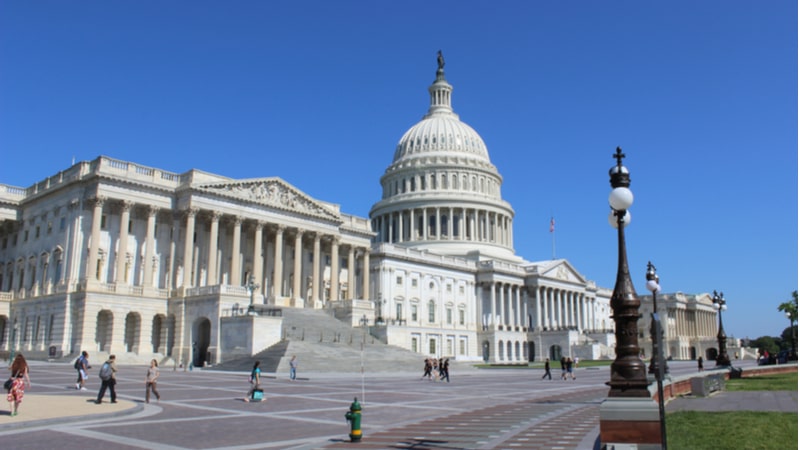
During its Sept. 16 business meeting, the Senate Committee on Commerce, Science, and Transportation approved a host of bills, including legislation on spectrum valuation, e-signature modernization, and increased funding for research.
By voice vote, the committee passed the Government Spectrum Valuation Act. The legislation, sponsored by Sen. Mike Lee, R-Utah, would require the National Telecommunications and Information Administration (NTIA) to coordinate with the Office of Management and Budget and the Federal Communications Commission to estimate the value of electromagnetic spectrum between 3 kilohertz and 95 gigahertz for licensed or unlicensed uses that is assigned or allocated to each Federal agency. NTIA would be responsible for reporting the value in the President’s budget and in each Federal agency’s statement. Under the legislation, the agencies would have to work on the mandate over the next three years and then every three years after that.
“Congress has a clear responsibility to ensure that Federal spectrum is being managed effectively and appropriately,” Sen. Lee said when the bill cleared the committee. “By simply calculating the value of Federal spectrum allocations, Congress and the Administration would be better equipped to identify highly valuable federal spectrum bands, and thus manage each federal spectrum allocation more efficiently. That means we can better manage how government agencies use their spectrum to fulfill their mission requirements as well as identify the potential inefficiencies.”
The E-SIGN Modernization Act passed via a roll call vote of 14 to 12. The legislation is sponsored by Sens. John Thune, R-S.D., Jerry Moran, R-Kan., and Todd Young, R-Ind. If enacted, the bill would streamline how consumers consent to receiving electronic documents like bank statements, account information, and contracts. The legislation is an update to the Electronic Signatures in Global and National Commerce Act (E-SIGN) Act, which became law in 2000. The original legislation provided a framework for how transactions involved in interstate or foreign commerce can be completed using electronic signatures and electronic documents.
“Given the major advancements in technology and consumer accessibility that have occurred in the past two decades since the E-SIGN Act was first enacted, it’s time to modernize this law,” Sen. Moran said when the legislation was introduced on July 2. “This legislation is a timely update to expand consumer access to online and mobile financial services in line with modern practices.”
The Research Investment to Spark the Economy (RISE) Act, sponsored by Sens. Edward Markey, D-Mass., Gary Peters, D-Mich., and Cory Gardner, R-Colo., also passed the committee via a voice vote. The bill would authorize roughly $26 billion in emergency relief for Federal science agencies – such as the Department of Health and Human Services, Department of Agriculture, Department of Energy, Environmental Protection Agency, National Science Foundation, and others – to award to research universities, independent institutions, and national laboratories to continue working on Federally-funded research projects.
